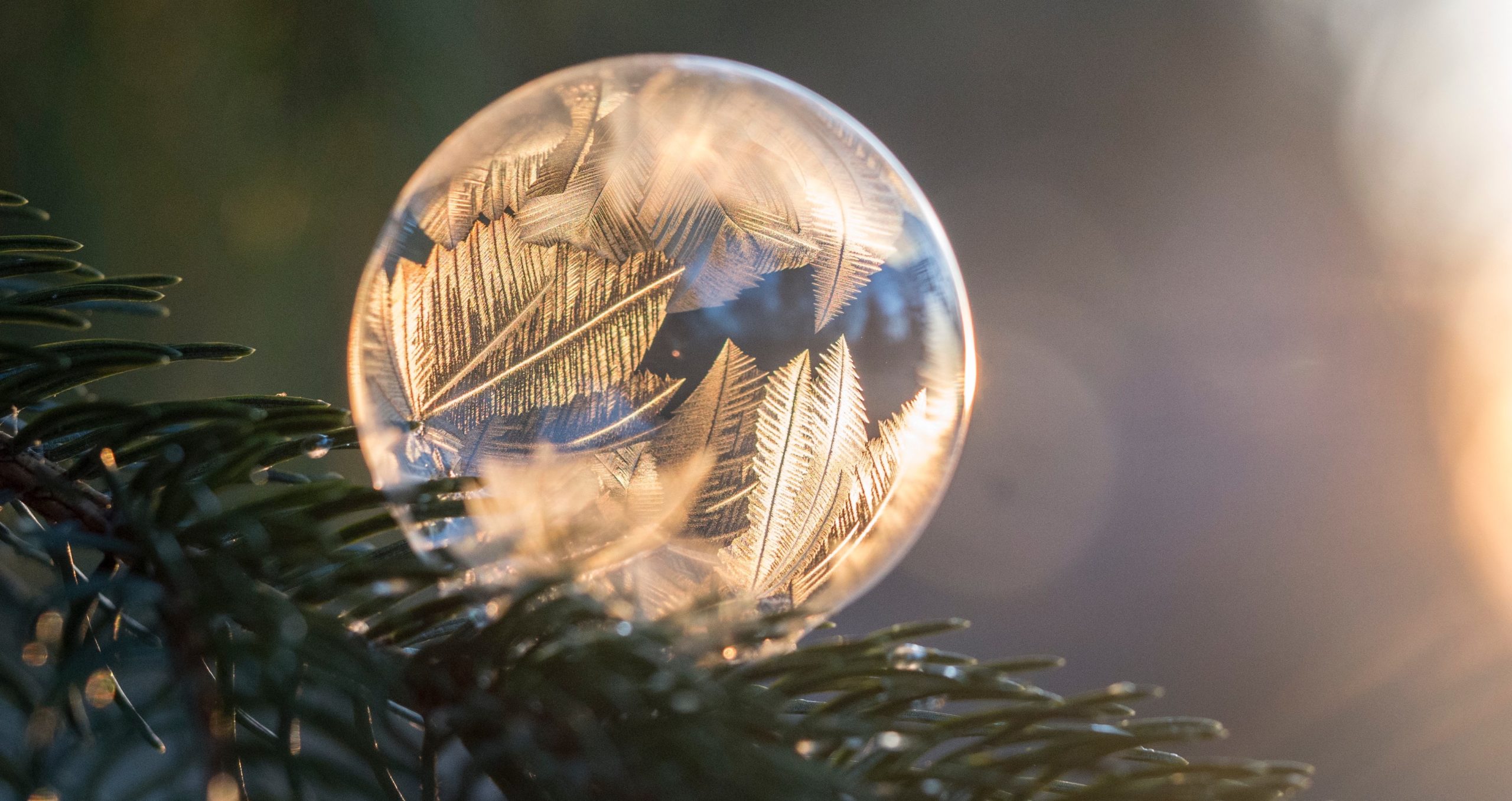E.B. White, author of many stories, books and, essays — Charlotte’s Web being one of the most beloved books in American culture — lived from 1899-1985. He was awarded the Children’s Literature Legacy Award, Pulitzer Prize Special Citations and Awards, and American Academy of Arts and Letters Gold Medal.
The Academy of American Poets defines a found poem as the following:
“Found poems take existing texts and refashion them, reorder them, and present them as poems. The literary equivalent of a collage, found poetry is often made from newspaper articles, street signs, graffiti, speeches, letters, or even other poems. A pure found poem consists exclusively of outside texts: the words of the poem remain as they were found, with few additions or omissions. Decisions of form, such as where to break a line, are left to the poet.”
An Approach to Style
a found poem from The Elements of Style, by William Strunk, Jr. and E. B. White, 1979
“Place yourself in the background.”
E.B. White
Who can confidently say what ignites
a certain combination of words—
causing them to explode in the mind?
Who knows why certain notes in music are capable
of stirring the listener deeply—
though the same notes slightly rearranged are impotent?
These are high mysteries.
There is no satisfactory explanation of style,
no infallible guide to good writing,
no inflexible rule by which writers shape
their course.
Writers will often find themselves
steering by stars that are disturbingly in motion.
When we speak of Fitzgerald’s style,
we don’t mean his command of the relative pronoun,
we mean the sound his words make on paper.
All writers, by the way they use the language
reveal something of their spirits, their capacities,
and their biases.
Young writers often suppose that style
is a garnish for the meat of prose,
a sauce by which a dull dish is made palatable.
Style has no separate entity;
it is nondetachable, unfilterable.
The beginner should approach style warily,
realizing it is an expression of self.
Writing becomes a question of learning
to make occasional wing shots,
bringing down the bird of thought
as it flashes by.
The writer is a gunner
in the blind, waiting
for something to come in—
sometimes [having cultivated patience]
roaming the countryside
hoping to scare something up. . .
to bring down
one partridge.
Gravity
a found poem of the words of E.B. White, Writings from The New Yorker 1925-1976
9/2/28
it seems as though no laws—
not even fairly old ones—
can safely be regarded as unassailable
the force of gravity—
which we have always ascribed to
the “pull of the earth”—
was reinterpreted
by a scientist who says
when we fall
it is not earth pulling us,
it is heaven pushing us
this blasts the rock on which we sit
if science can do a right about-face
on a thing so fundamental as gravity
maybe Newton was a sucker
not to have just eaten the apple
Life
a found poem of the words of E.B. White, Writings from The New Yorker 1925-1976
9/1/45
At eight of a hot morning,
the cicada speaks his first piece.
he says of the world:
Heat.
At eleven of the same day,
still singing,
he has not changed his note
but has enlarged his theme.
He says of the morning:
Love.
In the sultry middle of the afternoon,
when the sadness of love
and of heat has shaken him,
his symphonic soul goes into the great movement.
He says:
Death.
But the thing isn’t over.
After supper he weaves
heat, love, death into a final stanza.
Subtler and less brassy,
he has one last heroic monosyllable
at his command.
Life, he says,
reminiscing.
Life.
The Pond
a found poem of the words of E.B. White, The Trumpet and the Swan, chapter three, 1970
“The pond on that spring morning
was seldom visited by any human being.” – E.B. White
All winter, snow had covered the ice;
the pond lay cold and still under its white blanket.
Most of the time there wasn’t a sound to be heard.
The frog was asleep.
The chipmunk was asleep.
Occasionally a jay would cry out.
And sometimes at night the fox would bark—
a high, rasping bark.
Winter seemed to last forever.
One day a change came over the pond.
Warm air, soft and kind,
Blew through the trees.
The ice, which had softened
during the night, began to melt.
All the creatures that lived [at] the pond
were glad to feel the warmth.
They heard and felt the breath of spring,
and they stirred with new life and hope.
There was a good, new smell in the air,
a smell of earth waking after
its long sleep.
![]()
Featured image is courtesy of Aaron Burden via Unsplash. We are grateful for his generosity.
Leslie Anne Bustard takes great joy in loving people and places, whether at church, around her kitchen table, in a classroom, or traveling around. She delights in words, and marvels at the beauty found in the details of ordinary life. Reading, writing, teaching literature, baking, producing high school theater, and museum-ing are some of Leslie’s favorite things. Leslie is the host of The Square Halo, a podcast for Square Halo Books and is developing a book titled Wild Things and Castles in the Sky: A Guide to the Best Children’s Books. She and her husband Ned have been married for 30 years and live in a century-old row house in Lancaster City, where they raised their three daughters.
Leave a Reply
A Field Guide to Cultivating ~ Essentials to Cultivating a Whole Life, Rooted in Christ, and Flourishing in Fellowship
Enjoy our gift to you as our Welcome to Cultivating! Discover the purpose of The Cultivating Project, and how you might find a "What, you too?" experience here with this fellowship of makers!


Add a comment
0 Comments